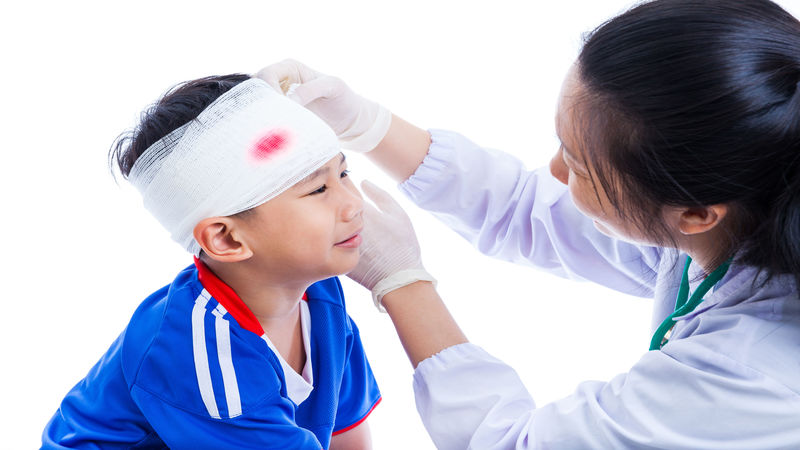Dealing with an excessively heavy menstrual flow and severe cramps is a difficult situation for a teenage girl. She may find the problem embarrassing, and she may hear skepticism from other girls about how bothersome those days of the month are for her. Parents may not know how to help, and they may find the idea of hormonal medication troubling. A Primary Care Doctor in Starkville MS can provide effective treatment for girls who suffer from this condition.
The medical name for painful menstrual periods is dysmenorrhea. Girls may experience so much discomfort that they need to skip a day of school. Some experience nausea related to the abdominal cramps. They might need to wear maxi pads with tampons. This is all very distressing for a young lady who is not long past puberty. Being able to have expert medical attention at a clinic such as Children’s Health Center of Columbus is reassuring for someone who feels caught between becoming an adult while still feeling like a child in certain ways. Meet Dr. Skis Kids to learn more about this particular medical practice.
A heating pad or hot water bottle held on the abdomen can ease cramps. The doctor may recommend that the patient takes ibuprofen or naproxen during the first two or three days of menstruation every month. These nonsteroidal anti-inflammatory drugs are very beneficial for relieving menstrual pain.
Girls may want to avoid exercise at the start of the period because it increases flow, but exercise tends to decrease the abdominal pain and cramping.
Parents may worry about hormonal treatment beginning so young. They also may be concerned that it will be an unspoken acceptance of the possibility of sex since the medication is usually prescribed for birth control. A Primary Care Doctor in Starkville MS will only prescribe this medication if it is the best option. Teenage girls can feel tremendous relief in regard to menstruation once they begin taking birth control pills. The flow is lighter and does not last for as many days, and cramps become minimal. Fortunately, these severe menstrual symptoms tend to decrease as women age.

